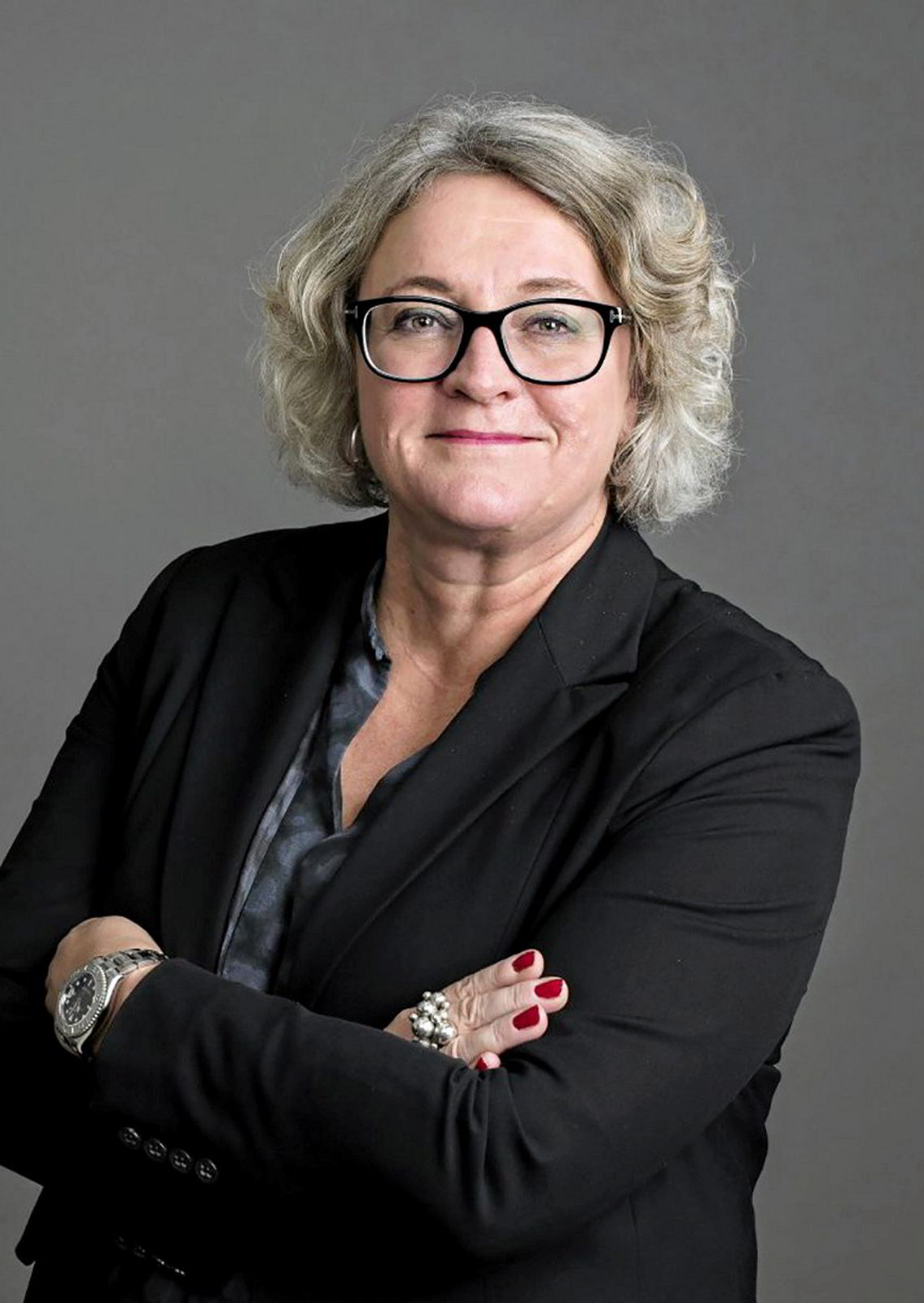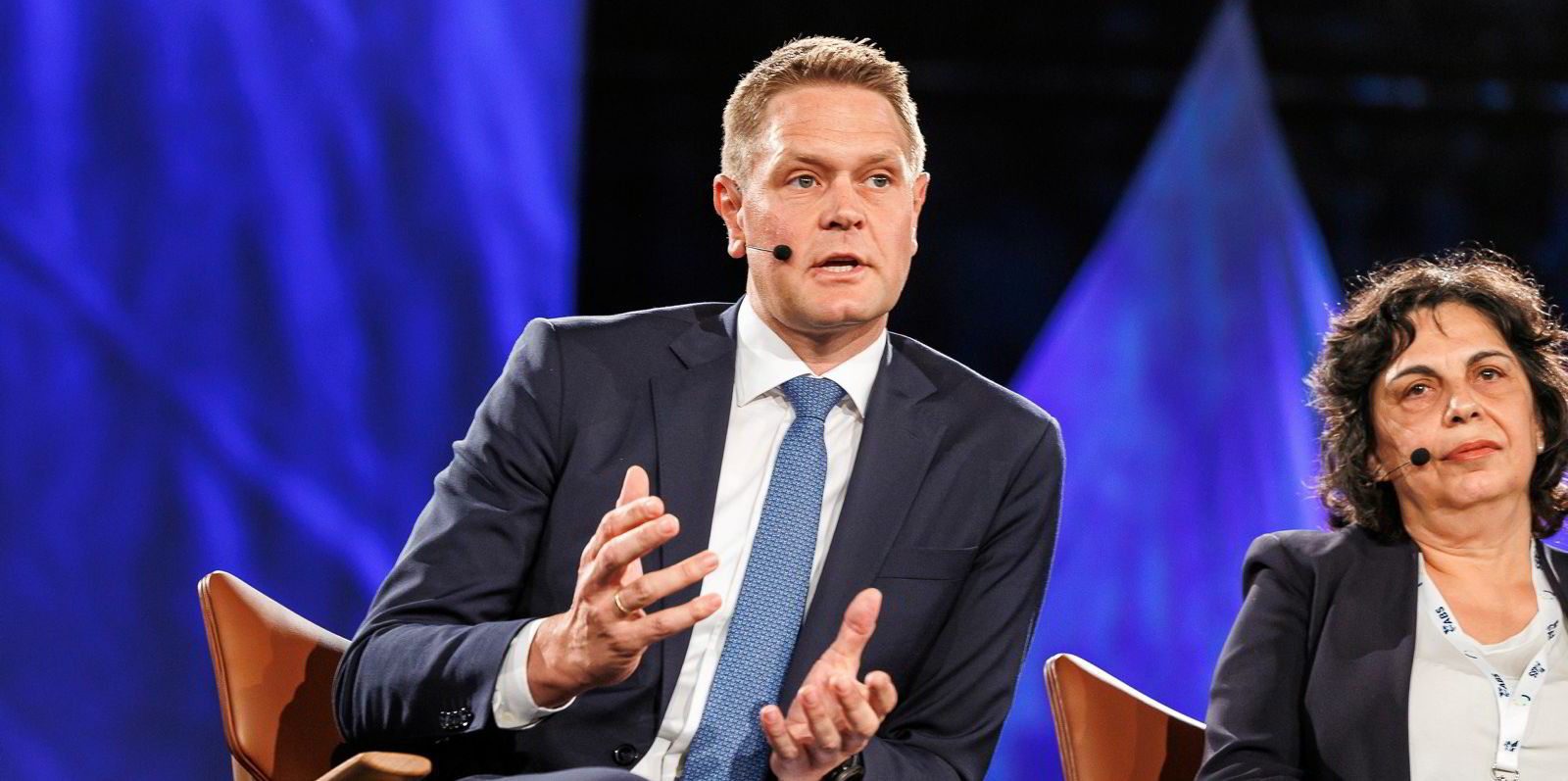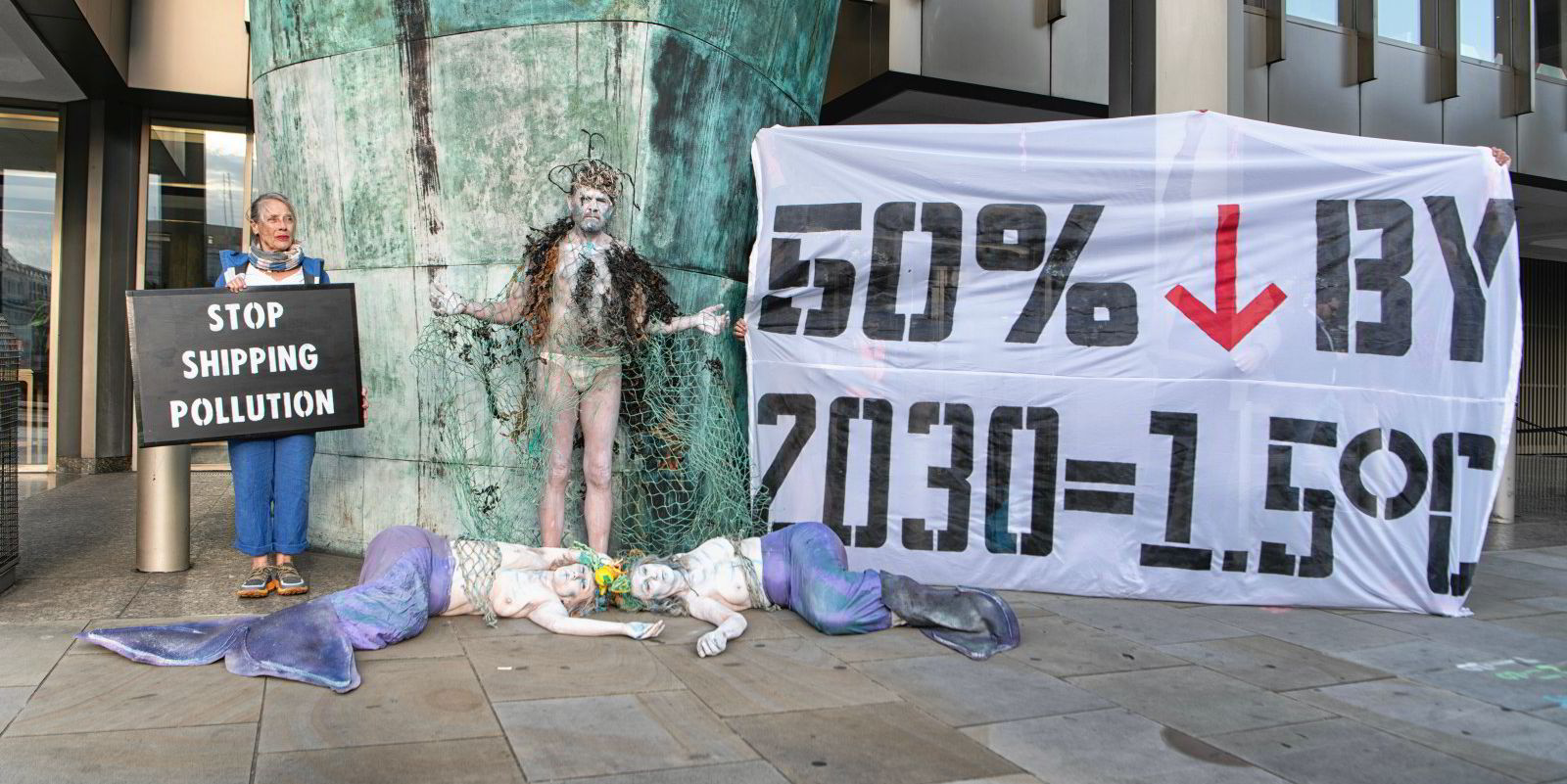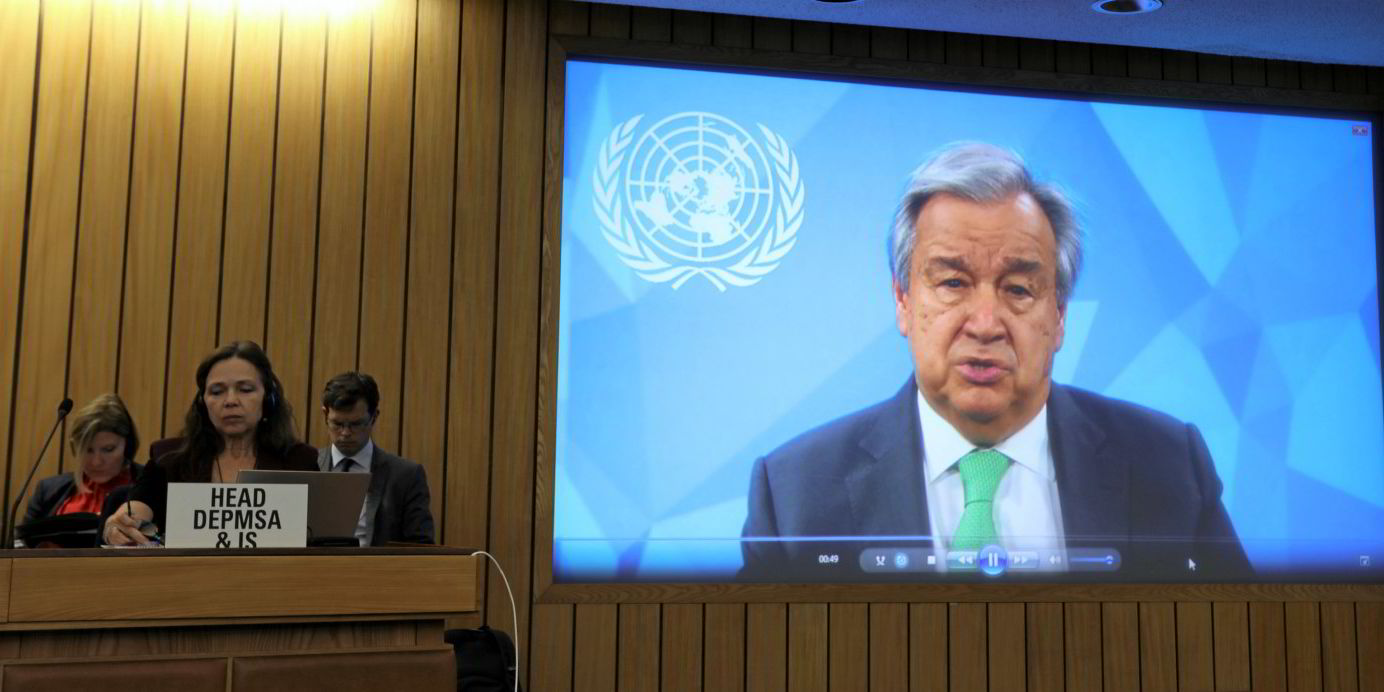Scandinavian shipping industry groups were upbeat on the International Maritime Organization’s decision to get to net zero carbon emissions “at or around” 2050 even as others chided it for not going far enough.
Norwegian Shipowners’ Association chief executive Harald Solberg called the agreement — which includes studies on a carbon price by 2025 — “historic” and said the United Nations agency showed genuine leadership at this week’s Marine Environment Protection Committee meeting in London.
“With this, the IMO responds well to the calls from the industry, which has long supported higher ambitions from the IMO in terms of reducing shipping's greenhouse gas emissions,” he said.
“It is important for the entire international industry that the same rules are applicable for all players. Leadership from the IMO will also be crucial to avoid further regionalisation of regulations for international shipping.”
Solberg and other members of the shipowners’ association met with IMO secretary general Kitack Lim in early June to lobby the outgoing leader on net zero by 2050.
The Oslo-based Norwegian Shipowners’ Association has its own goals that go further, including only ordering vessels with zero-emission technology from 2030.
The group’s counterparts in Copenhagen and Stockholm similarly cheered the decision.
Danish Shipping said the agreement includes everything the industry group wanted and said the net zero by 2050 goal is a “major victory” that all IMO members agree with, even as it includes the caveat “to the extent that national circumstances allow”.
Danish Shipping chief executive Anne Steffensen said the Danish minister of business and the Danish Maritime Authority put all their work into reaching the agreement and that “their hard work has paid off”.
“It is truly positive for the climate and historic for shipping that the IMO is now finally accelerating the green transition,” Steffensen said. “It demonstrates a strong global will to address climate change in the sector, and right now I am both happy and relieved that we succeeded.”

Swedish Shipping said it had adopted a more ambitious zero emission by 2050 goal in 2015.
Fredrik Larsson, the head of environmental and climate issues at Swedish Shipping, said: “It is therefore very gratifying that the IMO now supports our goal.”
In addition to Friday’s decision to get to net zero by mid-century and a study of carbon pricing, the IMO agreed to review its emissions-cutting targets every five years beginning in 2028.
Norway, Denmark and Sweden were part of a bloc of European, North American and Pacific island countries supporting net zero by 2050, while nations such as China and Brazil opposed the measure, arguing it would harm their economies.
Despite the cheers from shipowning groups, the decision — described by many as pivotal and key for the IMO to remain a credible global regulator — was not met with nearly as much enthusiasm from other corners.
Clean Shipping Coalition president John Maggs said the measures were well short of what is needed to keep global warming below 1.5C and in line with the Paris climate accords.
Johannah Christensen, chief executive of the Global Maritime Forum, also described the agreement as coming up short.
Madeline Rose of Pacific Environment said the shipping industry would blow past carbon budgets for a 1.5C trajectory by 2032 under the agreed-upon goals.





